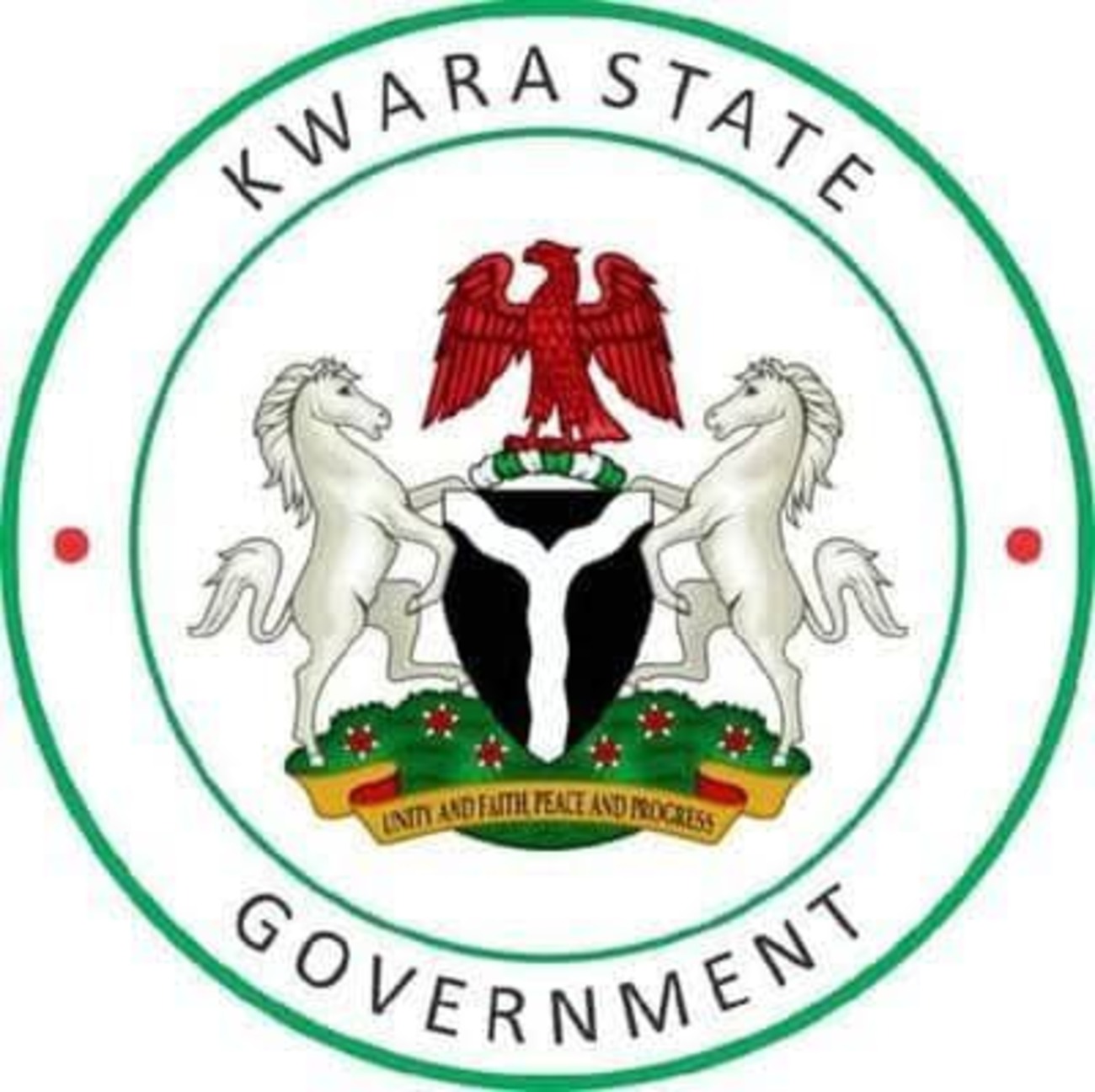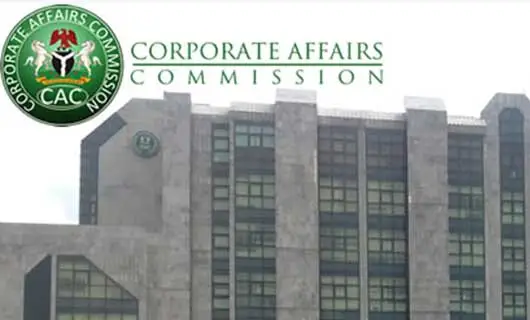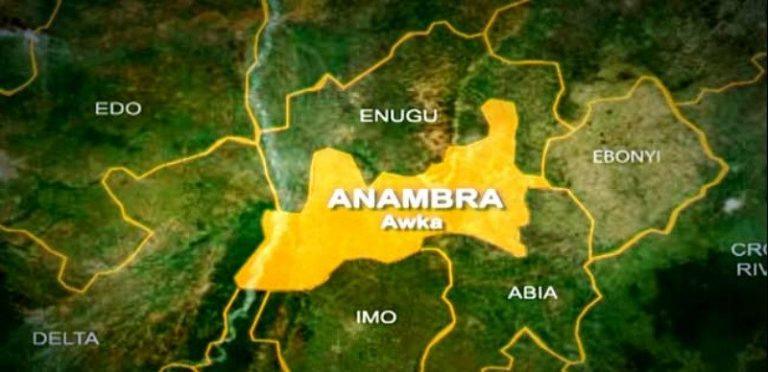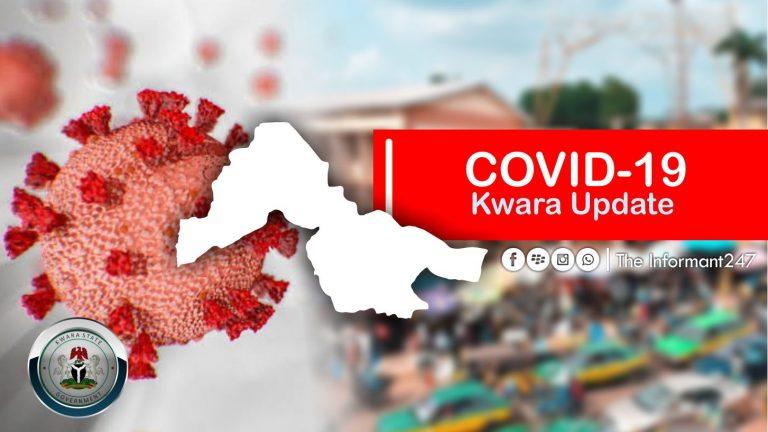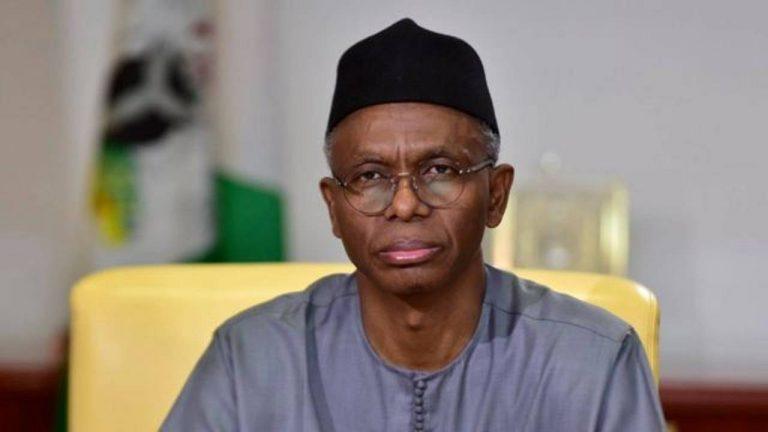Kwara leads in food security analysis, presents 2024 cadre harmonise results
The Kwara State Government, through the Ministry of Agriculture and Rural Development, has presented the 2024 Cadre Harmonised (CH) results, highlighting the State’s strides in food and nutrition security.
The Permanent Secretary, Ministry of Agriculture and Rural Development, Mrs. Funke Sokoya, while welcoming stakeholders to the presentation in Ilorin, emphasised the significance of Cadre Harmonise.
She said, “Cadre Harmonise, introduced in Nigeria in 2015, is focused on food and nutrition analysis. It serves as an early warning system to prevent food crises, ensuring food security nationwide if its reports are duly considered and implemented.”
Mrs Sokoya stated, “Kwara State joined the initiative in 2022, and today, all states across the country are involved. Previously, the analysis was conducted at zonal levels, making it difficult to capture real data for Kwara State. However, with the foresight of His Excellency, resources were made available to train officers in Ilorin. This allowed enumerations to be conducted at each local government level, ensuring more accurate grassroots data.”
Highlighting the scope of the analysis, she added the enumeration encompassed access to water, health services, nutritious food, malnutrition levels, wages and transportation systems, which significantly affect the nutritional status of the State.
Speaking on the Governor’s contributions, Mrs. Sokoya said, “With His Excellency’s proactive steps, we have captured exact data at the grassroots, providing a more accurate picture to analyze and prevent food crises.”
The Cadre Harmonise Coordinator, Mr. Olusoji Oyawoye, commended Governor AbdulRazaq’s unwavering support for the programme. He said the Governor has prioritised the project, ensuring adequate funding to conduct surveys across the State, which has positioned Kwara as a leading force in food security analysis in Nigeria.
Explaining the purpose of the analysis, Mr. Oyawoye stated that the Cadre Harmonise results helped to determine the severity of food crises, the number of people affected, when to intervene, and key limiting factors. The analysis is not just a monitoring tool but a disaster-aversion mechanism if its findings are acted upon promptly.
READ ALSO: Kwara govt partners Olam on food production
He further revealed that “contrary to popular belief, Kwara State is not a civil servant State but an agricultural State. The analysis showed that agriculture contributes more to the State’s economy than any other sector. However, most of the farm produce are sold outside the State, only to be re-imported at higher costs, causing inflation.
In his remark, the Director, Personnel and Finance of the Ministry, Mr Mayaki Madu, appealed for investments in local agricultural infrastructure,
He said, “InPatigi, for instance, much of our produce is exported, which needs urgent attention. The Patigi Rice Mill should be restored, and technical schools should be established to encourage small-scale industries in rural communities.”
Also speaking, the Special Adviser on Special Duties, Hon. AbdulRazaq Jidda, while commending the Governor’s vision of improving the lives of Kwarans, urged the local government chairpersons to maximise the two tractors recently purchased for each local government. He advised them to prioritise indigenous farming to avert food crises.
Hon. Jidda, while also praising the subsidized rice programme for civil servants, said, “Bags of rice are now available for N40,000 instead of over N100,000, thanks to His Excellency’s intervention. However, farming remains key to sustaining food security in Kwara and Nigeria,” he added.
Representing the Chairman of Oke Ero local government, Hon. Segun Adeniran Anthony, advocated for the provision of silos, adding that bulky storage facilities would control the sale of harvested produce to neighboring states, ensuring food security for Kwarans for longer periods.

